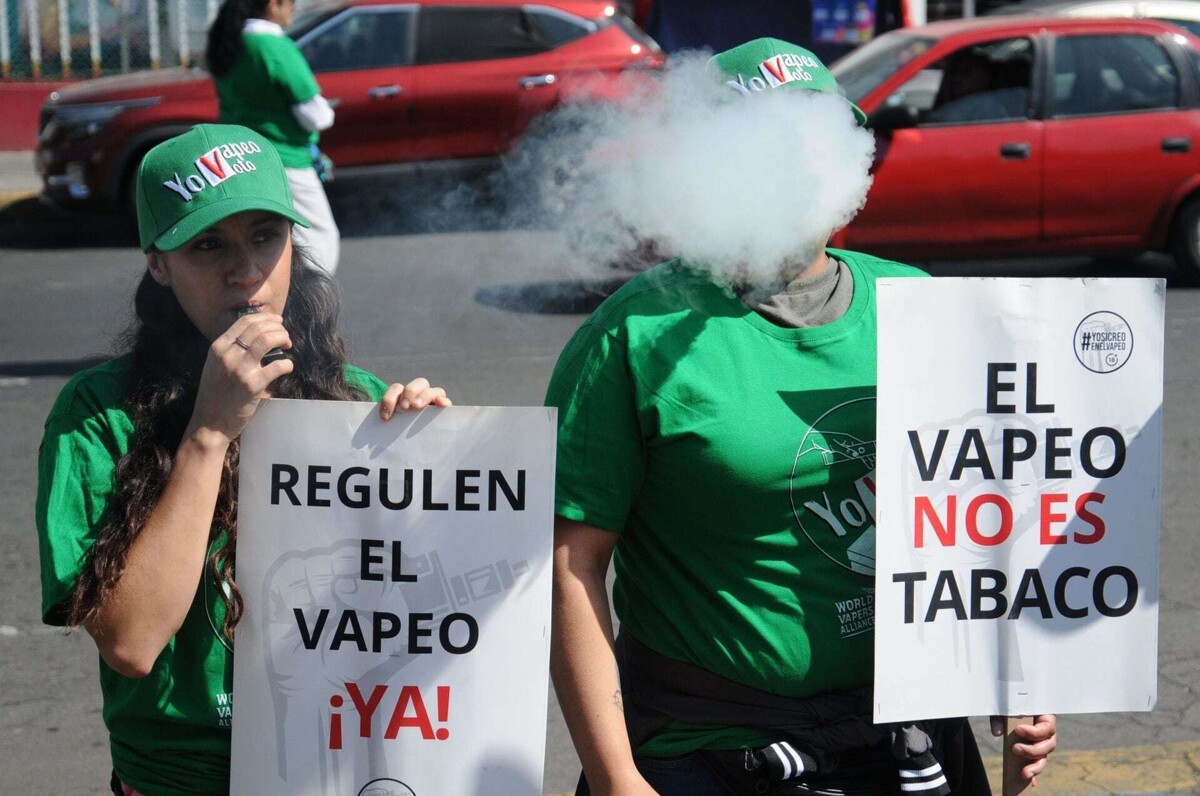
The Constitutional Points Commission of the Chamber of Deputies approved a reform project to prohibit the production, distribution, and marketing of electronic cigarettes and vaporizers, along with other toxic substances. This initiative was rejected by the parliamentary group of Movimiento Ciudadano, while some experts believe that prohibition will not solve the problem, advocating instead for regulation and taxation of these products.
Óscar Balmen, an expert on the subject, argues that prohibition will only strengthen the black market for vaporizers. In his opinion, it is necessary to regulate the sale of these products and apply taxes similar to those on alcohol to finance public health programs.
On the other hand, a new product called nicotine pouches has emerged on the market, which do not contain tobacco and are consumed orally. These pouches have raised concerns among specialists like Maximiliano Cárdenas from Salud Justa Mx, who points out that they are especially targeted at teenagers, being a highly addictive product without clear warnings.
There are differences between vaporizers and nicotine pouches, as vaporizers offer flavor options and may or may not contain nicotine, while nicotine pouches are a concerning novelty due to their potential health risks.
The federal government's intent to prohibit the marketing of vaporizers to tackle the problem has generated mixed opinions. Safety experts like Óscar Balmen mention the involvement of organized crime cartels in the vaporizer market, with considerable income. According to investigations, these groups have also been involved in other emerging markets, such as human trafficking and arms.
The President of Mexico, Claudia Sheinbaum, has referred to the possible approval of the prohibition of vaporizers by the end of the year, although some critics argue that market regulation and the imposition of taxes would be more effective measures.














